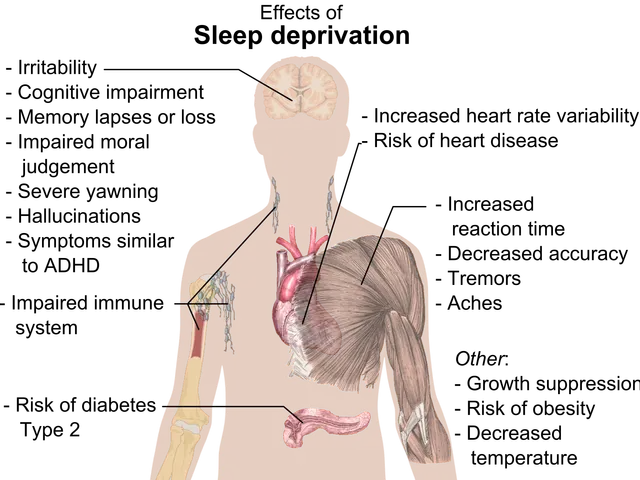Increased instances of domestic violence occurring in Germany, according to recent reports
In a concerning development, statistics reveal that domestic violence cases in Germany have been on the rise since 2017, with an all-time high reported in 2024. According to the Federal Criminal Police Office, a person fell victim to domestic violence approximately every two minutes last year.
The increase can be attributed to several factors, including expanded definitions and reporting categories, ongoing social stressors, and underlying societal conditions. Since 2017, broader categories such as "threats, stalking, coercion (psychological violence)," "deprivation of liberty," "pimping," and "forced prostitution," as well as consideration of "disability (physical/mental)" and "frailty/age/illness/injury" in the evaluations, have been included. These changes likely contribute to the reported rise.
Beyond definitional changes, societal factors related to stress, economic uncertainty, and mental health challenges also play a role. Research suggests that the COVID-19 pandemic and its associated restrictions exacerbated domestic violence rates due to isolation, financial distress, frustration, and the adoption of unhealthy coping mechanisms. Though the provided statistics stop at 2023 for Germany, these pandemic-related residual stresses could continue influencing rates into 2024.
Furthermore, evidence from the United States and other countries reveals a continuing pattern of domestic violence rising even as other violent crimes decline or stabilize. This may point to the persistence of underlying issues such as gender inequality, social isolation, and inadequate support services that complicate efforts to reduce domestic violence.
In response to this alarming trend, the Bundesrat approved a law in February for better protection of victims, which comes into effect on January 1, 2032. The law obliges states to create sufficient protection and counseling services, and the federal government will provide a total of 2.6 billion euros between 2027 and 2036 for these services.
The law does not specify any changes or improvements in child custody and visitation rights, nor does it mention any specific changes or improvements in police or justice systems regarding domestic violence cases. However, it does establish a legal claim to free protection and counseling for victims.
Political parties have expressed their concerns and proposed solutions. The Greens have called for more prevention, perpetrator work, fast-track proceedings, and mandatory training for police and justice, while the Left has advocated for reforms in child custody and visitation rights. They argue that violence against women is about "patriarchal violence" and that more needs to be done to address the root causes.
It's important to note that prior to the law, victims of domestic or gender-based violence could only hope for help and sufficient capacities. The new law offers a promising step towards a more secure future for victims. Despite the challenges ahead, the increase in reported cases may also indicate an increased willingness to report and seek help, offering a glimmer of hope in the fight against domestic violence.
[1] Bundesministerium für Familie, Senioren, Frauen und Jugend (2022). Gesetz zur Stärkung der Schutzmaßnahmen für Opfer von Gewalt im Haushalt und sexueller Gewalt. Retrieved from https://www.bmfsfj.de/SharedDocs/DE/Artikel/BMFSFJ/Gewalt-im-Haushalt-und-sexuelle-Gewalt/Gesetz-zu-Starker-Schutzmaßnahmen-fuer-Opfer-von-Gewalt-im-Haushalt-und-sexueller-Gewalt.html
[2] Statistisches Bundesamt (2023). Falls der Gewalt im Haushalt und sexuelle Gewalt ansteigen. Retrieved from https://www.destatis.de/DE/PresseService/PresseMeldungen/2023/02/Pressemitteilung_Gewalt_im_Haushalt_und_sexuelle_Gewalt_ansteigen.html
[3] Centers for Disease Control and Prevention (2021). Intimate Partner Violence: Data and Statistics. Retrieved from https://www.cdc.gov/violenceprevention/intimatepartnerviolence/fastfact.html
[4] European Institute for Gender Equality (2021). COVID-19 and Violence Against Women. Retrieved from https://eigegender equality index.eu/content/covid-19-and-violence-against-women
[5] United Nations Office on Drugs and Crime (2020). Global Study on Homicide: Gender-related killings of women and girls. Retrieved from https://www.unodc.org/documents/data-and-analysis/gsh/2020/GSH2020_Full_report_web.pdf
- The rising cases of domestic violence in Germany since 2017 might be linked to the expansion of categories such as mental health, with broader definitions including "disability (physical/mental)" and "frailty/age/illness/injury" in the evaluations.
- In an effort to combat domestic violence, the Bundesrat approved a law in February 2032 that includes a legal claim to free protection and counseling for victims, while political parties like the Greens and the Left have called for preventative measures, perpetrator work, and improvements in child custody and visitation rights, recognizing the root causes as persistent issues such as gender inequality and social isolation.





